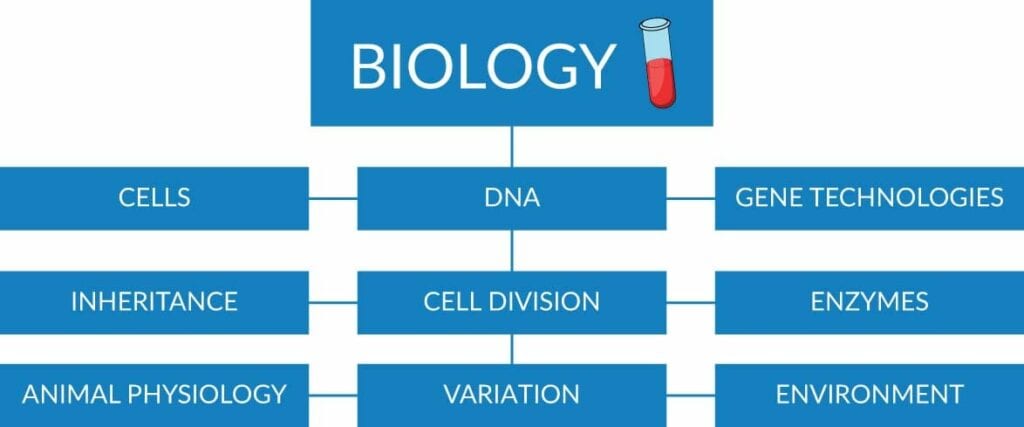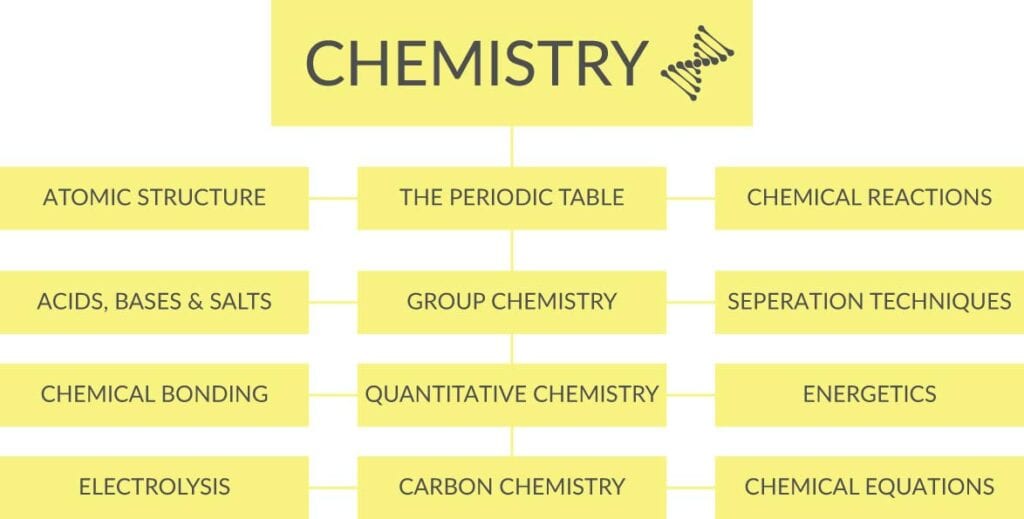In 2024 (for 2025 Entry), the BMAT will no longer be used as an admissions test in the UK. Find out more about what this means here.
Section 2 is undoubtedly the most time-pressured section of the BMAT.
This section tests Biology, Chemistry, Physics and Maths and it’s also the section in which you can improve the most quickly in, so it’s well worth spending time on. Read on for an overview of the section and the types of questions that can come up.
BMAT Section 2 Overview
The consensus that the required knowledge for Section 2 is only GCSE level is mostly a lie. The questions go far beyond the curriculum of any GCSE syllabus because the syllabus covers many exam boards. The questions cover Biology, Chemistry, Physics and Mathematics as far as A-Levels. This is a comprehensive, if short, scientific test, so it is important to treat it as such when revising.
Most medical students take Biology and Chemistry at A-level, so odds are you’re unlikely to see anything new during the exam (although you may want to revise your Ecology). However, you’ll need to make sure your Physics knowledge is up to scratch. Electricity and Forces often come up, as do A-level topics like Potential Dividers.
BMAT Section 2 Timings
You have to answer 27 questions in 30 minutes which works out to just over 60 seconds per question. Some questions can be quite difficult and it’s easy to get bogged down, however, you’ll find the vast majority of questions in Section 2 aren’t that hard.
It’s more about the intense time pressure of having to do one question every minute that makes this section the hardest in the BMAT. As with Section 1, the trick is to identify and do the easy questions whilst leaving the hard ones for the end.
This is the general trend for how long you can expect questions to take and how hard they will be:
Get a feel for the timing with a Practice BMAT Question.
Start a 60-second timer and see how you get on with the timing of this practice BMAT question.
Maximise your BMAT score through effective Admissions Test preparation.
Familiarising yourself with the questions will show you what kinds of thought processes examiners are looking for. To ensure you’re ready with this tricky section, we recommend the UniAdmissions BMAT Programme, where you will get over 95 hours of study and one-to-one tuition sessions with BMAT experts.
Discover our BMAT Programme by clicking the button below to enrol and triple your chances of success.
What do you need to know for BMAT Section 2?
Unlike the other two sections of the BMAT, Section 2 has subject-specific knowledge that is required to be understood in order to stand a chance of success in the test. As we’ve already discussed, this knowledge can range from GCSE difficulty all the way to A-Levels, so it’s not going to be easy to get these questions right and a fair amount of revision will be required.
A complete list of all of the potential topics for BMAT questions is included within the Official BMAT Test Specification, but let’s start off by taking a look at the general topics that will be covered for each part of Section 2:




These are all topics that you should be familiar with, but we strongly recommend reading the full specification in order to see everything that may be covered in the paper. Outside of the subjects, there are also various calculations and general facts that you should know before sitting the BMAT. Here are the most important ones to remember:
Chemistry
Most students don’t struggle with BMAT chemistry as they’ll be studying it at A-level. However, there are certain questions that even good students tend to struggle with under time pressure e.g. balancing equations and mass calculations. It is essential that you’re able to do these quickly as they take up by far the most time in the chemistry questions.
Biology
Thankfully, the biology questions tend to be fairly straightforward and require the least amount of time. You should be able to do the majority of these within the 60-second limit (often far less). This means that you should be aiming to make up time in these questions.
If you find yourself getting less than 50% of your Biology questions right, make sure you revise the syllabus for it! This is the best way to maximise your efficiency and gain the easiest marks!
Physics
If you haven’t done physics at A-level, then you’ll have to ensure that you are confident with commonly examined topics like Newtonian mechanics, electrical circuits and radioactive decay as you may not have covered these at GCSE depending on the specification you did.
The first step to improving in this section is to memorise all the equations listed here. The majority of the physics questions involve a fair bit of maths – this means you need to be comfortable with converting between units and also powers of 10.
We know Physics tends to be the hardest part of the BMAT for most medical students because they don’t take it at A-level, so here’s a list of formulas you should get to know!
Maths
As shown in the diagram at the beginning, Maths questions are designed to be time-draining. If you find yourself constantly struggling for time on Maths and Physics questions, then it can be worth considering flagging them for review and returning to them at the end. As with the other sections, there are a set of formulas you definitely should know:
Final BMAT Section 2 Tips
Before finishing off this guide, let’s review some final tips for your BMAT Section 2 preparation and test-taking.
1.
Revise every topic covered in the specification. Even if it’s a topic that you’re already well versed in, it won’t do you any harm to read through the chapter of your textbook again and answer a couple of practice questions relating to it.
2.
During the early stages of your revision, make a note of where your strengths and weaknesses lie. From there, you can separate your time out accordingly, so you’re maximising your preparation time. This also goes for the BMAT as a whole, as if there is a section you struggle with more than the others, it will be worth dedicating extra time to it.
3.
When you’re taking the test, it’s important to answer every question in the paper. As there is no negative marking, you won’t be penalised for getting an answer incorrect. Therefore, it you find yourself stuck on a question or running out of time, it is better to make a guess than leave the question blank as you still have at least a 1/6 chance of getting the mark.
Finally, the answer to the example question – did you manage to complete the question in 60 seconds?
Don’t let Section 2 drain you of marks and time! It’s the section where you can improve quickly, especially with our support.
At UniAdmissions, we are experts at boosting your BMAT score and maximising your chances of gaining a place to study Medicine through our one-to-one sessions, mock papers and intensive courses. Get familiar with the styles of questions you will face and how to answer them effectively.
Click the button below to see the support we have for you in our BMAT Programme and triple your chances of success.







